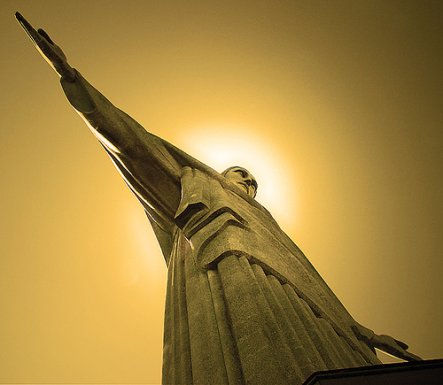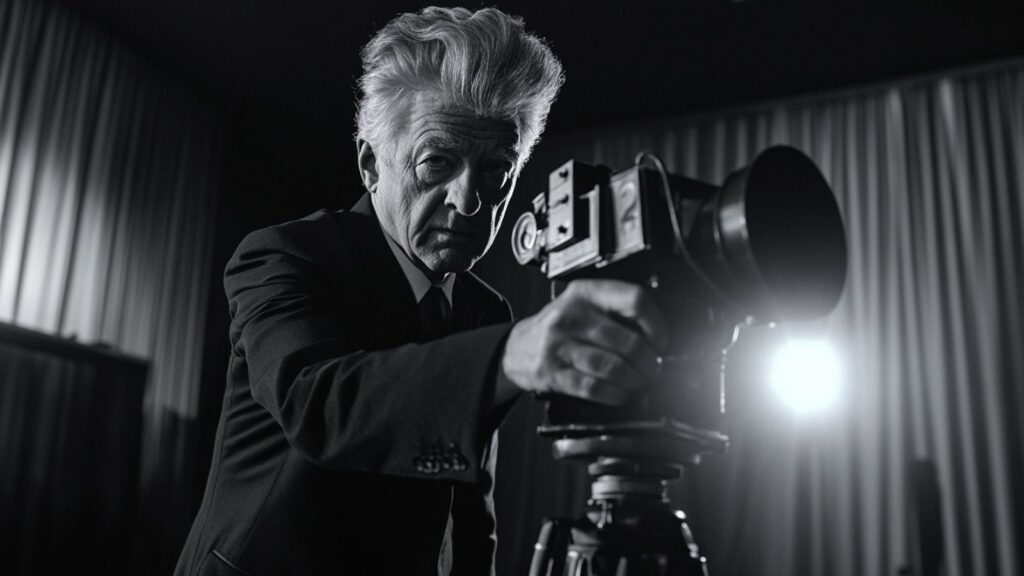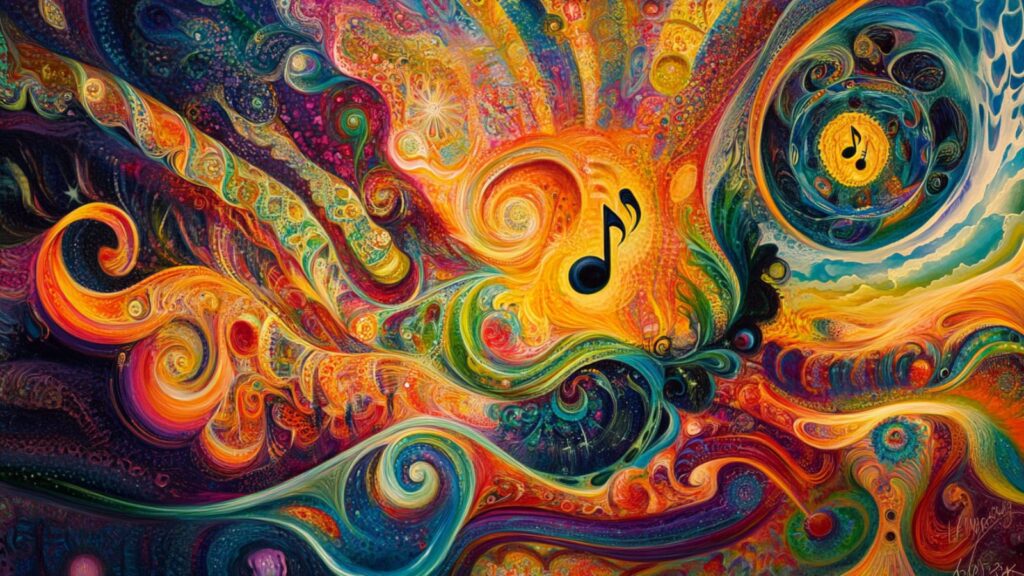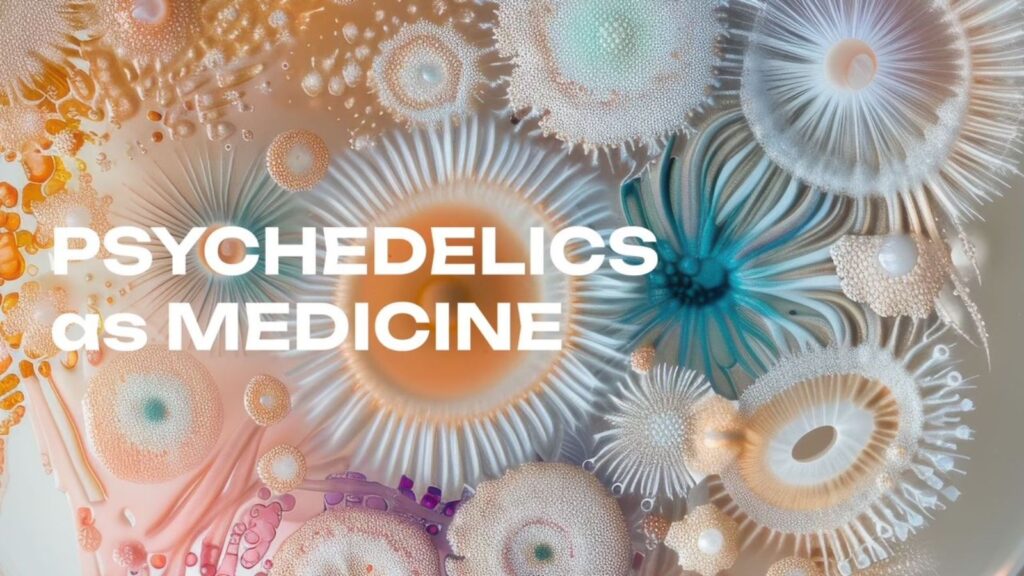Feeling such a deep disillusionment through a gradual recognition of the utter havoc wrought by Western civilization has left me spiritually marooned in a seemingly apocalyptic techno-empire. I grew up hate-filled and angry toward Them (an acronym standing for The Hierarchy Enslaving Me). The Them that I hurled my anger and hatred towards seemed to fuck with every person I saw in some way. Lucky for me, however, the bonds uniting family and friends generated a beautiful, love-based counter-impulse to the destructive forces at work in the consumerist matrix into which I was born. Somehow, through the workings of this benevolent impulse, which has woven a web of support for my prosperous existence in the world, and despite anti-authoritarian leanings, I have come to a gradual reconciliation with Western civilization and Christianity. I have learned that the shame and rage that comes along with waking up to the terrors of "Western" and/or "Christian" history tends to obscure the deeper and subtler aspects of European spiritual traditions.
As a young contemporary adult, I can honestly say that to admit to being a Christian is not considered "cool." In subcultures such as those that can be found in the San Francisco Bay Area (where I currently reside), if a worldview is not sufficiently "eastern" or "shamanic" or "new age," it is generally considered patriarchal and outdated. A frequent response that I get from people when they find out I went to Catholic school from kindergarten to eighth grade is something like a facetious "Oh, I'm sorry to hear that." Such interactions even mirror my own personal sentiments during those formative years as my inner rebel often had the same regretful disdain towards the institutional entities, both Church and State, responsible for my inculcation. But now that I reflect upon the affective imprinting of parochial school upon my psyche, I am actually grateful for it.
The main thing that has allowed me to come to terms with my upbringing was the fact that I was inculcated with a worldview that was spiritually affirmative in its ontological outlook rather than something like a materialistic "newtonian/cartesian" worldview. From a pretty early age I would lie in bed and contemplate metaphysical concepts all night, trying to wrap my young mind around supersensibly based questions such as: "What is it like for an individual to subjectively experience eternal heaven or hell?"; "What was my form before I was born?"; "What exactly do they mean by ‘the apocalypse'? Will everything just cease to exist? What would that be like?"; and "Why weren't people able to recognize Christ as God in human form?" Because I engaged in these contemplative interactions for so long at such a young age, I believe that the involvement of my thinking with the content of these ideas generated an impulse within me that can be described as "spiritual aspiration," or in other words, a tendency to seek transcendence of imposed limitations, a desire to alchemically transform the cacophonous "givens" of my existence into harmonious forms that embody and manifest Truth, Beauty, and Goodness. These aspirations, however, would remain concealed in my secret inner life, completely unreflected by my outer life of self-destruction.
My life path was catalyzed by the metaphysically oriented thinking intrinsic to a European Christian heritage. But of course, there is a shadow side to the story. Development within the seemingly demonic psycho-social matrix of Western civilization has generated in me what can be called a "rebellious tendency of will." It can be characterized as the thought: "I hate the pressure exerted on me so therefore I will work to undermine this pressure-exerting system." As a child, the simple answers that I continually received in response to my religious questions from most adults, especially priests, nuns, and teachers, led to a disdain and lack of respect for traditional or official sources. "Jesus died for your sins so you better be good or else you're going to hell instead of heaven" was not enough. I am not a dog; promise of reward and threat of punishment is not enough to force my will into a prepackaged and contrived conformity. I secretly yearned for more depth and complexity. I recognized the inherent dualism of the Roman Catholic brand of Christianity intuiting that if God was as loving and forgiving as the nuns and priests suggested, then there was no way that some people are saved, go to heaven and are therefore "good" while others are condemned to eternal torture and punishment in hell and are therefore "bad." Exclusion is not a logical quality of a being that embodies and manifests all-embracing love and mercy.
Rather than engendering freedom, the ontological dualism implicit in naive good/bad, heaven/hell, or God/Satan dichotomies fosters a preferential and partial consciousness colored by the innate tendencies of attraction to pleasure and aversion from pain. The shallow mythos that was presented to me fueled an inner rebellion against institutionalized spirituality. I refused to accept their truths because they smelled like bullshit to me. It just didn't seem like the teachers or priests who were talking about things of a religious nature were actually speaking from a place of direct knowledge. It was more like they were programmed to respond to questions with pre-scripted answers that they didn't, in fact they couldn't, investigate for themselves. I concluded that Catholicism, as it was presented to me over nine years, was a dead religion. Therefore, after I graduated from eighth grade and made my confirmation, choosing "Michael" as my initiatory name, I stopped going to church and went to public high school, spending the next four years overtaken by the social formation of my ego (i.e., ingesting substances and trying to get laid) and thinking that I renounced my Christian heritage forever.
From the beginning of high school (1999) up until junior year of my undergrad (2006), I kept my spiritual strivings alive by reading about the "esoteric," "occult," "paranormal," and/or "supernatural" on the internet. I would literally type those words into the search engine and then read whatever came up. So I did not renounce spirituality, or stop "believing in God," I still prayed every night. I only rejected the institutional form of spirituality that had conditioned my consciousness for nine years. I had recognized the Roman Catholic tradition as a psycho-social reality generator, realizing that in the present times, it seems to create more existential problems than it solves. Any tradition with a rigid, circumscribed, dualistic, dogma-based identity is, in my opinion, inadequate and inappropriate for the present conditions we face as a planet. I could not stand to have my beliefs handed to me. I had to construct them from the ground up for and by myself.
Until my 18th year, my freshman year at college, I was completely unaware that there were non-institutionalized forms of Christianity. When I was introduced to gnostic and alchemical ideas and texts through the novels of Bay Area native Philip K. Dick, it felt like the established structures of my mind were melting away. The knowledge embedded in the parallel, esoteric traditions of my European ancestors shed an entirely new light on the institutional religion that I had struggled with for so long. For the first time in my life, the Christian tradition became alive as polymorphic and historically affected. I began to realize that Roman Catholicism came to be in its current form due to the influence of historical events and impulses. While studying cultural anthropology, I came to regard its genesis in two historical events that informed the nature of its historically unfolding form.
The first event was when the headquarters of Christ's ministry, Jerusalem, was decimated by the Romans in 70 AD, and explains the murky historical evidence for Jesus' existence. The second event is the appropriation of the Christian religion as the official religion of the Roman Empire under Constantine I at the beginning of the 4th century following centuries of brutal persecution. This event completely inverted the Christian experience from the esoteric religion of an oppressed and persecuted minority to an institutionally codified religion of a dominant world power. In other words, Christianity underwent a substantial "exotericization" when it became the official religion of the Roman Empire. Contemplating the traumatic effect that these two events must have had on the nature of Christianity allowed me to put a historical face on the tradition I was raised in. I began to learn about Christianity through an active, self-directed methodology rather than passively receiving conceptions from priests and nuns.
I was cultivating the ability to "see through" the exoteric, historically contingent aspects of Christianity to the esoteric "core truths," the transformative archetypal content of the tradition. Rather than regarding it from an exoteric perspective, as merely a system of myths and stories that some people believe in and others don't, I began to regard it from an esoteric perspective, as a system of symbols pointing to processes and events beyond the scope of present-day human consciousness. As an organically arising reconciliation with the Christian tradition began to coalesce within my psyche, I was introduced to two modern Christian initiates: Carl Jung and Rudolf Steiner. Through my subsequent engagement with the writings and articulations of these revolutionaries, it began to dawn on me that the goal of "true Christianity" situates individuals in the process of collective individuation/initiation reflected by the drama of Western civilization in a way that fosters development, healing, and love, rectifying the destructive and detrimental effects of imperial patriarchy. It is this aspect of Jung's and Steiner's work in particular, that I have felt drawn towards as it allows me to contemplate "evil" in a more nuanced and complex manner so that my responses to and interactions with "the negative" are based more on consciousness than emotive reactions. To be a true Christian is to devotionally transform one's entire being into a vessel, composed of MatterEnergy, through which Love, Wisdom, Beauty, Truth, Justice, Freedom and Virtue can harmoniously manifest their benevolent forces into SpaceTime. Such a venture, as in any attempt to orient one's will in a way that counteracts the inhibitive and restricting tendencies of a collective surround, necessarily entails a confrontation with "evil" both in the external structures of the world and the internal structures of the soul.
Image by Bossa67, courtesy of Creative Commons license.













